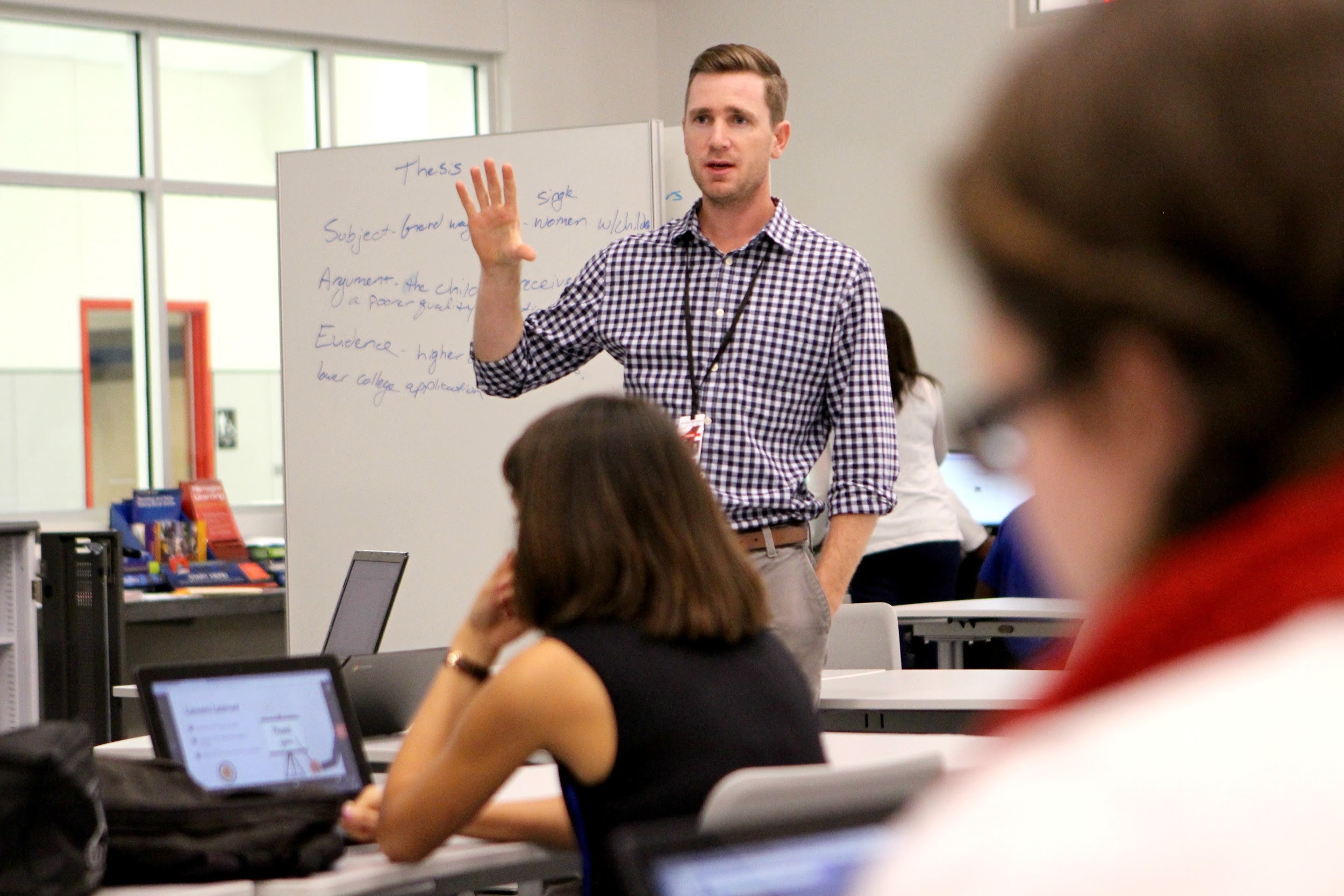In the realm of education, pedagogical strategies play a pivotal role in shaping students’ learning experiences. The ways in which educators choose to impart knowledge can significantly impact students’ engagement, understanding, and overall success. This blog aims to delve into the world of effective pedagogical strategies and how they can be harnessed to unlock the full learning potential of students.
1. Understanding Pedagogy and its Impact on Learning
Pedagogy refers to the art and science of teaching. It encompasses the methods, techniques, and approaches educators use to facilitate learning. The choice of pedagogical strategies can profoundly influence students’ motivation, comprehension, and knowledge retention. By tailoring these strategies to align with students’ cognitive processes and learning preferences, educators can create an environment that fosters optimal learning.
2. Key Principles of Effective Pedagogical Strategies
To maximize learning potential, pedagogical strategies should be grounded in certain key principles. Student-centered approaches, where learning activities revolve around individual needs and interests, encourage active engagement. Defining clear learning objectives provides students with a roadmap for their educational journey, enhancing their sense of purpose and direction.
3. Incorporating Technology for Enhanced Learning
In today’s digital age, technology offers unprecedented opportunities to enrich pedagogical strategies. Integrating tools such as interactive simulations, virtual field trips, and online collaboration platforms can cater to diverse learning styles and enhance students’ understanding. However, it’s essential to strike a balance between technology and traditional teaching methods to ensure a comprehensive learning experience.
4. Differentiated Instruction: Addressing Diverse Learning Needs
Students come to the classroom with varying levels of prior knowledge, skills, and learning paces. Differentiated instruction tailors teaching methods to accommodate these differences. By adjusting content, processes, and assessments to match individual needs, educators create an inclusive environment that supports all learners.
5. Collaborative Learning Strategies
Collaborative learning emphasizes teamwork, communication, and critical thinking. Engaging students in group projects, discussions, and peer teaching cultivates valuable skills that extend beyond the classroom. Managing group dynamics effectively ensures that collaborative efforts lead to enhanced learning outcomes.
6. Formative Assessment Techniques for Continuous Improvement
Formative assessment involves gauging students’ understanding throughout the learning process. Techniques like quizzes, surveys, and class discussions provide educators with insights into students’ progress. By using these insights to make timely instructional adjustments, educators can provide targeted support and foster continuous improvement.
7. Culturally Responsive Pedagogy
Culturally responsive pedagogy recognizes and respects the diverse cultural backgrounds of students. Incorporating culturally relevant examples, perspectives, and teaching materials not only validates students’ identities but also enhances their engagement and understanding. This approach fosters an inclusive learning environment where every student feels valued.
8. Balancing Structure and Flexibility in Pedagogy
While a structured curriculum provides a framework for learning, allowing flexibility within that structure is crucial. Adapting pedagogical strategies based on student feedback and evolving needs ensures that education remains relevant and engaging. Regular reflection and professional development enable educators to refine their strategies continually.
9. Case Studies: Real-Life Examples of Effective Pedagogical Strategies
Real-world case studies showcase the power of effective pedagogical strategies. Whether it’s a flipped classroom approach that encourages self-directed learning or a project-based learning initiative that nurtures creativity, these examples highlight the positive impact such strategies can have on student engagement and outcomes.
Takeaway
Effective pedagogical strategies are the cornerstone of a vibrant and effective learning experience. By tailoring teaching methods to students’ diverse needs, leveraging technology, and fostering an inclusive environment, educators can maximize learning potential. The journey to becoming a proficient educator involves a commitment to continuous improvement, adaptability, and a deep understanding of the art and science of teaching.

